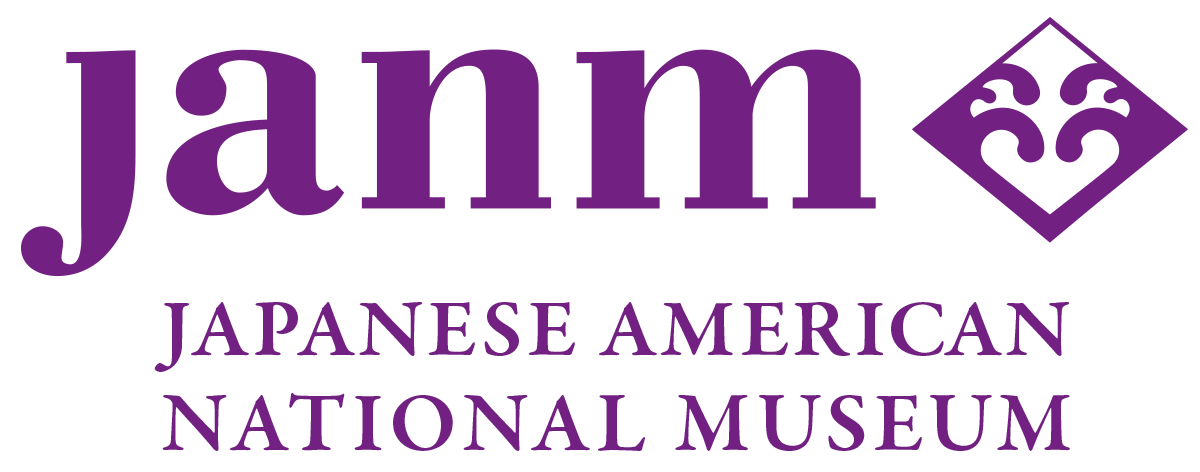即日発表 - 2008年10月18日
プレス連絡先:
Chris Komai - ckomai@janm.org - 213-830-5648

PANEL TO RECALL, DISCUSS RENDITION OF JAPANESE LATIN AMERICANS
Over 2,200 People Swept Away During WWII, Held in U.S. Internment Camps
A panel discussion about the World War II rendition of Japanese Latin Americans and their continuing struggle for redress from the US government will be presented at a special public program set for Saturday, Oct. 25, 2-4pm, at the Japanese American National Museum (369 East First St.) in Little Tokyo.
The program, "World War II Rendition of Japanese Latin Americans," is part of the on-going National Museum series, "Redress Remembered," commemorating the 20th anniversary of the passage of the Civil Liberties Act of 1988, which provided an official government apology and reparations for the mass incarceration of US citizens and permanent residents of Japanese ancestry during World War II. Despite this historic redress to thousands of Japanese Americans for their imprisonment, in domestic government-run concentration camps, former Japanese Latin American internees continue to be denied proper acknowledgment and redress for the war crimes and human rights violations they endured.
A panel will provide some personal accounts of the events and the desire for a resolution for the last survivors. The panel will include: Karen Parker, Esq., counsel for former Japanese Peruvian internees in U.S. courts and the Inter-American Commission on Human Rights; Richard Katsuda, educator and co-chair, Nikkei for Civil Rights & Redress; Craig Ishii, regional director, Pacific Southwest District, Japanese American Citizens League; and Grace Shimizu, director, Japanese Peruvian Oral History Project, and coordinator, Campaign For Justice: Redress Now for Japanese Latin Americans! will act as the moderator.
The program will also include a spoken word performance by Naomi Quinones and a screening of the DVD trailer of "Stolen Lives," produced by Kiku Lani Iwata and Kimi Iwata Romming (Tara Entertainment), highlighting the quest of Naomi Quinones to learn about the fate of her Japanese Peruvian grandfather during the war.
Under the Latin American rendition component of the WWII Enemy Alien Program, over 6,000 persons of Japanese, German and Italian ancestry were kidnapped from their homes in Latin America, forcibly brought to the United States and interned in Department of Justice camps and Army facilities. Of these, over 2,200 men, woman and children of Japanese ancestry were seized from 13 countries, for the purpose of hostage exchange. During the war, over 2,800 persons of Japanese ancestry were used in two prisoner exchanges between the US and Japan; of these over 800 were from Latin America.
When the war ended, the US government adopted measures to expel enemy aliens from the Western Hemisphere. The remaining Japanese Latin Americans were told that they were "illegal aliens" and over 900 Japanese Peruvians were deported to war-devastated Japan. 300 Japanese Peruvians remained in the US and fought deportation through the courts. Eventually about 100 Japanese Peruvians were able to return to Peru. It was not until June 1952 that the Japanese Peruvians who stayed in the US were allowed to begin the process of becoming US permanent residents. Many later became American citizens.
Former Japanese Latin American internees began participating in the redress struggle in the early 1980s, but the US government excluded them from the Civil Liberties Act of 1988 on the basis of their so-called "illegal alien" classification. They have sought acknowledgment and justice in the courts and the halls of Congress. Currently they await a decision from the Inter-American Commission on Human Rights (a body of the Organization of American States) on their petition to hold the US government accountable for the ongoing failure to provide redress for war crimes and crimes against humanity. In the US Congress, legislation is pending to establish a congressional commission to study the wartime experience of Japanese Latin Americans and to make appropriate recommendations for congressional action as deemed necessary ("Commission on Wartime Relocation and Internment of Latin Americans of Japanese Descent Act").
This program is presented in collaboration with Campaign for Justice: Redress Now for Japanese Latin Americans!, Japanese American Citizens League-Pacific Southwest District, Discover Nikkei, Nikkei for Civil Rights and Redress, Japanese Peruvian Oral History Project and the Japanese American National Museum. It is co-sponsored by the Asian Pacific American Bar Association of LA, Council on American-Islamic Relations (CAIR) and Japanese American Bar Association of Greater Los Angeles (JABA).
The program is free to the general public. Reservations are required by calling 213.625.0414 ext. 2222, or by e-mailing rsvp@janm.org (subject: JLA Redress).
